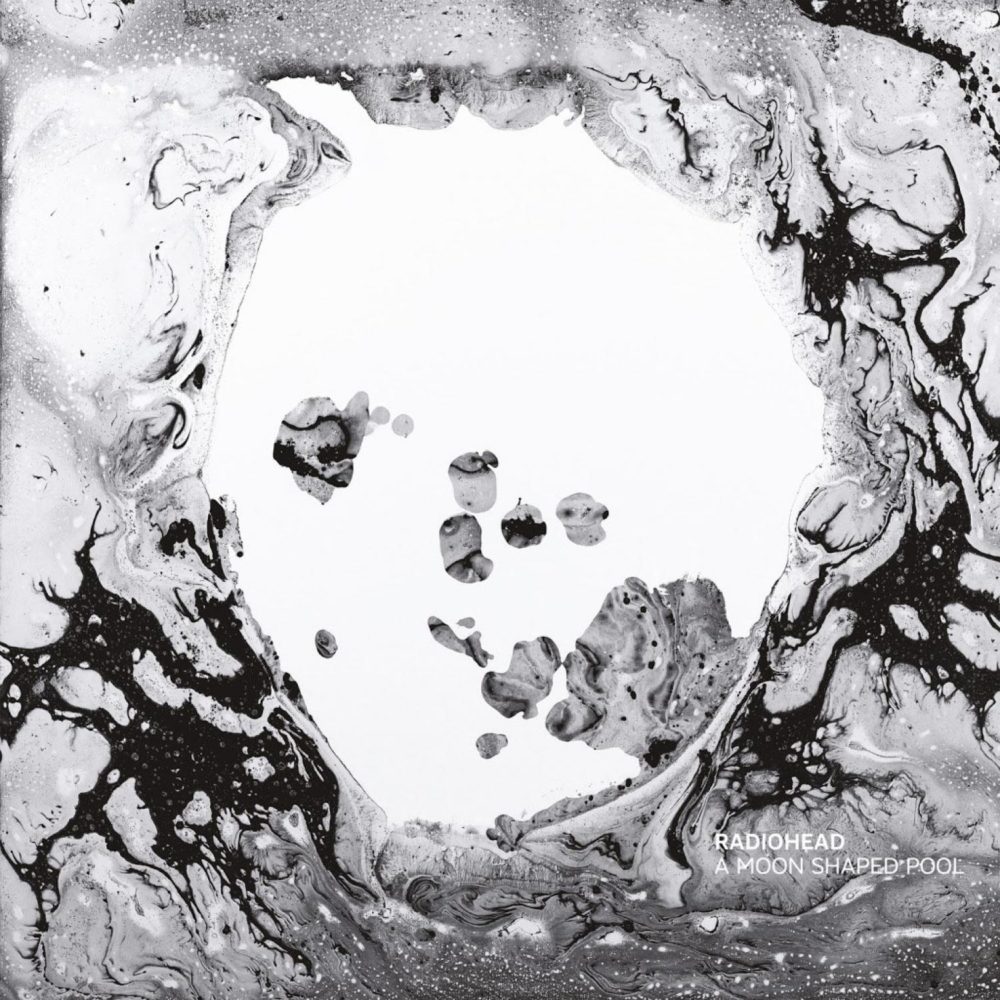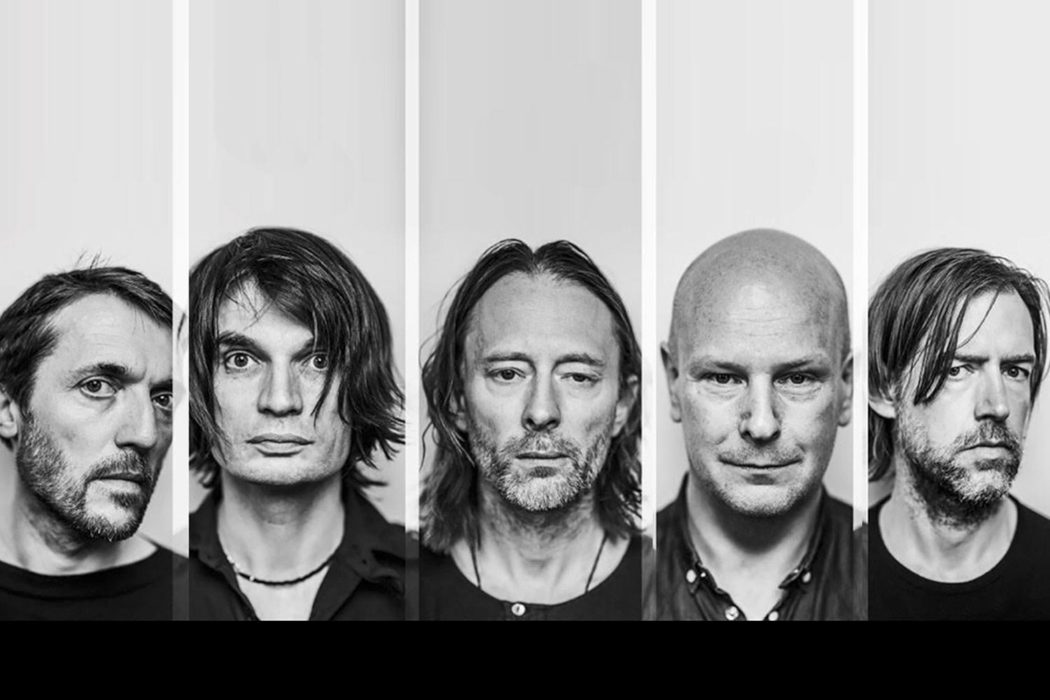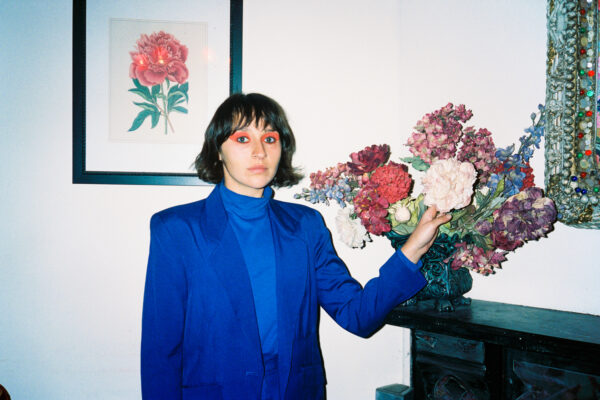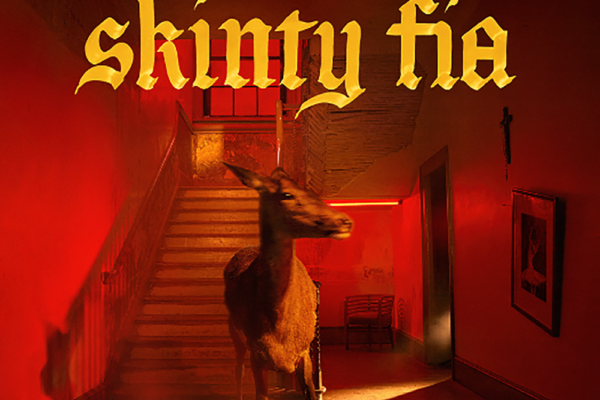The first major exhibition after re-opening the former Whitney Museum as the Met Breuer was a collection of works that weren’t done. “Unfinished: Thoughts Left Visible” “addresses a subject critical to artistic practice: the question of when a work of art is finished.” The objects, like people in various states of undress, are missing the finishing touches, but nevertheless look like art. A painting by Titian shows Christ illuminated in the background, while the foreground (A soldier carrying a lantern) is blurry mess of browns, seemingly yet to be detailed by the artist. Who knows whether Titian thought the painting was done; whether if he were alive today he’d be at the easel finishing it. If he did, would it be better for being completed?
Radiohead’s newest album, A Moon Shaped Pool, seeks to answer this last question, as well as the former. It is the band’s first collection in five years, the longest hiatus between albums in the twenty-three years since Pablo Honey. For all the wait, it is a collection of songs that have mostly seen release as bootlegs or premiered in live-sets. Most notably, “Burn The Witch,” the first song as well as the first single off the album, has been teased as a work in progress as far back as a decade ago. Pitchfork’s Mark Hogan compiled a list of nineteen songs that could see inclusion on the album and got half the album right. The same day, Rolling Stone accidentally outed the other half of the track-list with a post called “20 Insanely Great Radiohead Songs Only Hardcore Fans Know.” Among them, album track “True Love Waits,” which has been a work in progress since 1995.
While not every track on the album has a long history as b-side and rarity, the album doesn’t feel like a “new” album because of it’s reliance on songs that are so familiar to many Radiohead fans, even those like myself who don’t follow them so rabidly. The tracklisting is even in alphabetical order. Given that this is a band notorious for its intentionality, they no doubt meant to do this, but it takes away from the effect of an album like Ok Computer, which has a definite beginning, middle, and end. AMSP is all stops and starts, “Burn The Witch” leaves the gate with the full force of its staccato strings stampeding only to have that energy dissipate in “Daydreaming.”
It’s hardly a surprise that they would be mining their back catalogue for songs: over the past five years most of the members have been branching out on solo endeavors. Thom Yorke has been working on solo projects and with his side band Atoms for Peace. Jonny Greenwood, perhaps the most successful, has made a career as Paul Thomas Anderson’s go-to composer for his films. The latter, especially has made an imprint on Radiohead in the production, which have a depth and broadness that the earlier claustrophobic albums lacked. It also sounds more natural: acoustic guitars, undistorted pianos, warm strings with pre-Kid A doses of digital finesse. It has a softness to it that is unique in Radiohead’s discography.
And with it’s many references to broken hearts and the soft pleas of “don’t leave” on “True Love Waits,” it’s hard not to bring up Thom Yorke’s recent separation from his partner of twenty-three years. The news makes AMSP seem like a mix tape love letter from Yorke to his ex, or a musical recollection of the past two decades, ending tenderly with the song he wrote just two years into the relationship. But, like so many recollections of love, only so much could end up on the record, and getting through the tracklist is as aimless as an attempt at reconciling emotions the day after a split.

A Moon Shaped Pool
A Moon Shaped Pool is Titian using all of his emotion to finish the painting that lurked in the corner of painter’s studio, finally having the will to complete the work that had eluded him for so long. The question isn’t really why these songs? Why now? But what has ten or twenty years done to them? For a song like “True Love Waits,” instead of suffocating it, like they would have on Ok Computer or Kid A or In Rainbows, it was allowed to bloom, like letting a fine wine breathe to release the aromatics. But for the album as a whole, another year might have given it purpose. But for a band like Radiohead, so full of intention, maybe that’s the point.
Article: Christopher Gilson




